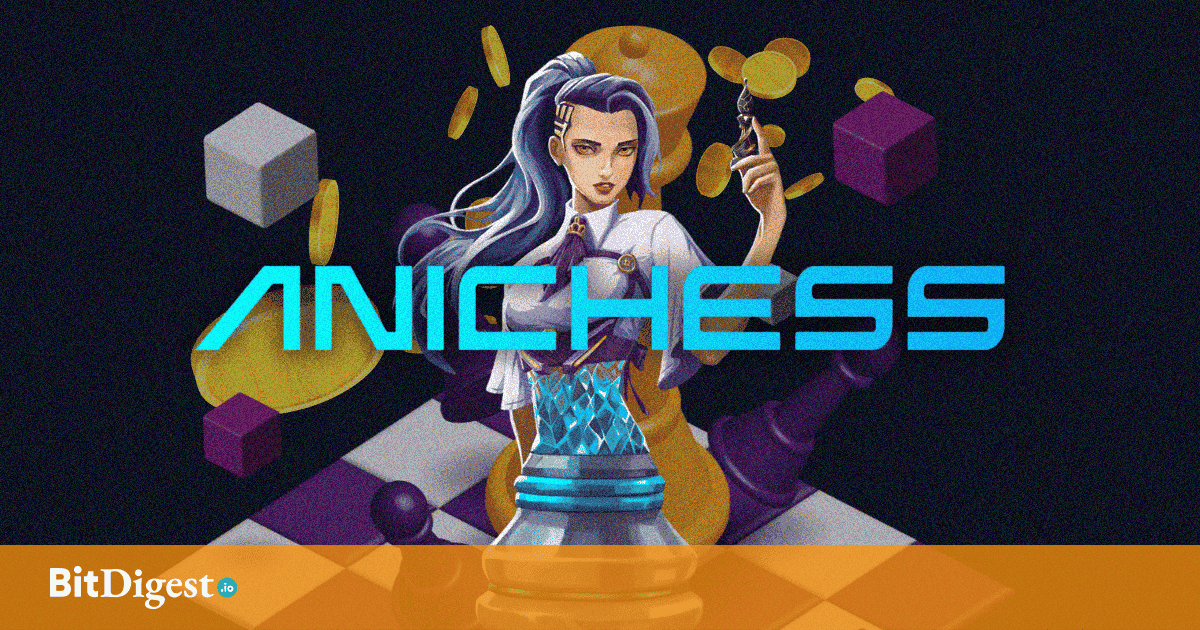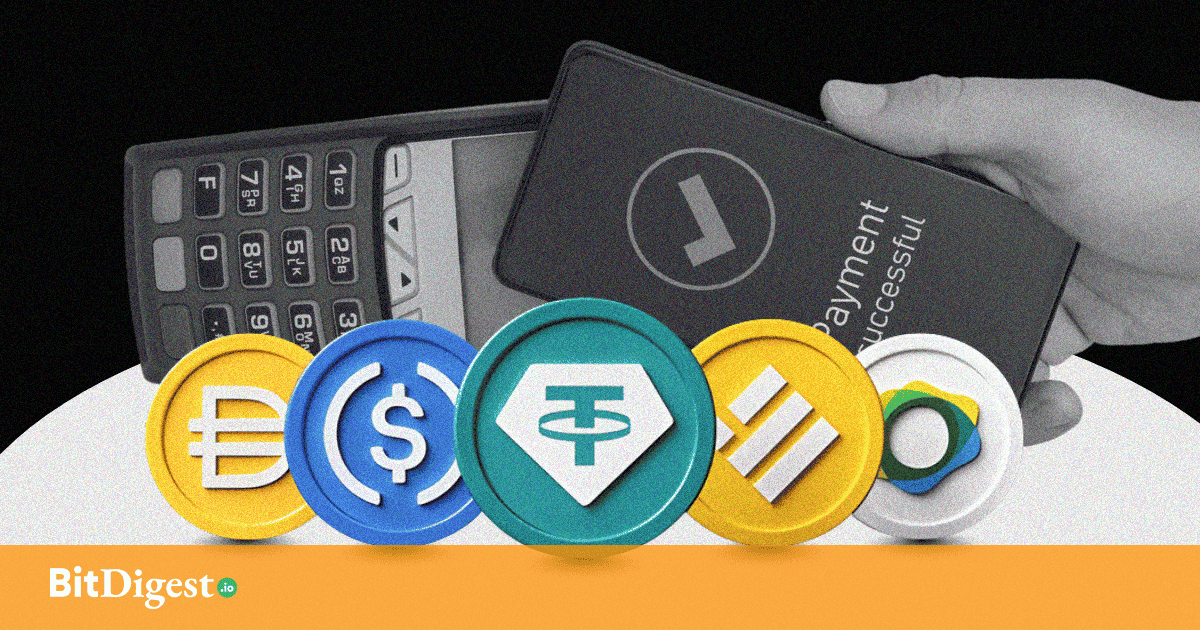Quantum Computing — A Threat to Blockchain and Crypto?
As technology continues to advance, one of the most pressing concerns in the field of cybersecurity is the rise of quantum computing. This technology has the potential to revolutionize many industries, but it also threatens the security of current systems—including blockchain networks.
Blockchain’s decentralized and secure approach to data management makes it a powerful tool for many modern applications, from cryptocurrencies like Bitcoin to supply chain tracking and beyond. However, the rise of quantum computing can render the security of blockchain technology useless. For crypto, NFTs, and other blockchain-based digital assets to remain relevant and usable in the future, blockchain technology must evolve to become quantum-resistant.
Quantum Computing Explained
Quantum computing is a revolutionary field that uses the principles of quantum mechanics to process information in ways that classical computers cannot. The computers we’re familiar with use binary bits (0s and 1s) to perform calculations, but quantum computers use quantum bits or qubits, which can exist in multiple states simultaneously. This allows quantum computers to process huge amounts of information and perform complex calculations much faster than the computers of today. Problems which would take classical computers thousands of years to finish solving can be solved within minutes by a powerful quantum computer.
Although quantum computing can lead to many scientific and medical breakthroughs, it can also destroy the security systems we have in place today. Passwords, encrypted files, and even the level of cryptography used by blockchain technology can be cracked by quantum computers.

The Threat of Quantum Computing to Blockchain
Blockchain technology relies heavily on cryptographic algorithms to secure transactions and ensure the integrity of the data stored on the ledger. Algorithms like RSA and elliptic-curve cryptography (ECC) are currently considered secure because they would take classical computers an impractically long time to crack. However, quantum computers could potentially break these encryption methods in a matter of seconds.
Once quantum computers become powerful and accessible enough, they could be used to hack into blockchain networks, reverse transactions, steal cryptocurrencies, or even take over entire blockchains by breaking the encryption that keeps them secure.
For instance, a quantum computer can potentially crack the public-private key pairings used to secure crypto wallet addresses. It can then forge digital signatures and allow hackers to steal assets stored in a blockchain wallet. Quantum technology also threatens the integrity of Proof-of-Work systems. Someone running a quantum computer can quickly find valid hashes and mine new blocks faster than a system like Bitcoin was designed to handle.
The foundation of blockchain technology relies on having unbreakable cryptography-based security. If quantum computing advances faster than anticipated, existing blockchains, such as Bitcoin, Ethereum, and Solana, may no longer be secure. Funds would be easier to steal, and the value of crypto assets could plummet once crypto users lose their trust in them.

Building Quantum-Resistant Blockchains
In response to these looming threats, the blockchain community has begun exploring strategies to withstand attacks from quantum computers. These include:
Post-Quantum Cryptography
One of the most promising solutions is the adoption of post-quantum cryptography. These cryptographic algorithms are designed to be secure against both classical and quantum computers. For example, lattice-based cryptography uses complex, grid-shaped mathematical structures called lattices, which are considered difficult for even quantum computers to solve.
Quantum Key Distribution (QKD)
Quantum Key Distribution (QKD) is another approach that could enhance blockchain security. QKD uses the principles of quantum mechanics to ensure that any attempt to intercept or eavesdrop on the process of distributing cryptographic keys gets detected. Although it is still in the experimental stage and requires a lot of infrastructure to be built, it has a lot of potential for the future of blockchain data security.
Hybrid Cryptographic Schemes
As blockchains transition to quantum-resistant algorithms, they can start by using hybrid cryptographic schemes which combine classical cryptographic algorithms with post-quantum algorithms. Hybrid cryptography enhances security while remaining compatible with existing systems. This approach allows blockchains to gradually migrate towards fully quantum-resistant solutions without having to immediately overhaul the entire infrastructure.
Adaptive Blockchain Architecture
Another way to future-proof blockchain networks is to design them to be able to adapt to emerging threats. Developers can focus on modular blockchain architecture that allows the seamless integration of new cryptographic technology without needing to disrupt the entire network.
Quantum-Resistant Blockchains
Some projects are preparing for the quantum era by developing quantum-resistant Layer 1 blockchains. One of these is the Quantum Resistant Ledger (QRL) project, launched in 2018, which uses the eXtended Merkle Signature Scheme, a hash-based digital signature scheme considered to be quantum-resistant. Another project, the Nervos Network designed its Layer 1, the Common Knowledge Base (CKB), to be able to incorporate quantum-resistant cryptography without requiring a hard fork. QANplatform also launched a quantum-resistant, Ethereum Virtual Machine (EVM)-compatible blockchain testnet that allows developers to build and test quantum-resistant smart contracts in any programming language.
When asked for his thoughts regarding this matter, blockchain engineer and Web3PH co-founder, Kristian Quirapas, said he’s positive that blockchain technology will continue to survive in a quantum era—unless founders refuse to rise up to the challenge. According to him, quantum computing is such an obvious threat that we can expect the industry to come up with new standards and quantum-safe cryptographic algorithms.
Meanwhile, Paul G. Soliman, CEO of Hacktiv Colab Inc. and co-founder of BayaniChain, assures us, “Quantum Cryptography is going to be super in demand, but we are still far [from replacing] the current AES 256 and SHA 256 cryptography. All are still [theoretical] as of now.”
Proactively adopting quantum-resistant cryptography and designing adaptable blockchain architectures lets the blockchain community safeguard its networks against these future threats. Much collaboration and innovation is needed for this to be successful. By taking proactive steps now, blockchain networks can continue to thrive in a post-quantum world and ensure the security of crypto and other digital assets for years to come.
.svg)


.svg) SHARE TO FACEBOOK
SHARE TO FACEBOOK SHARE TO TWITTER/X
SHARE TO TWITTER/X SHARE TO LINKEDIN
SHARE TO LINKEDIN SEND TO MAIL
SEND TO MAIL





.svg)


.svg)